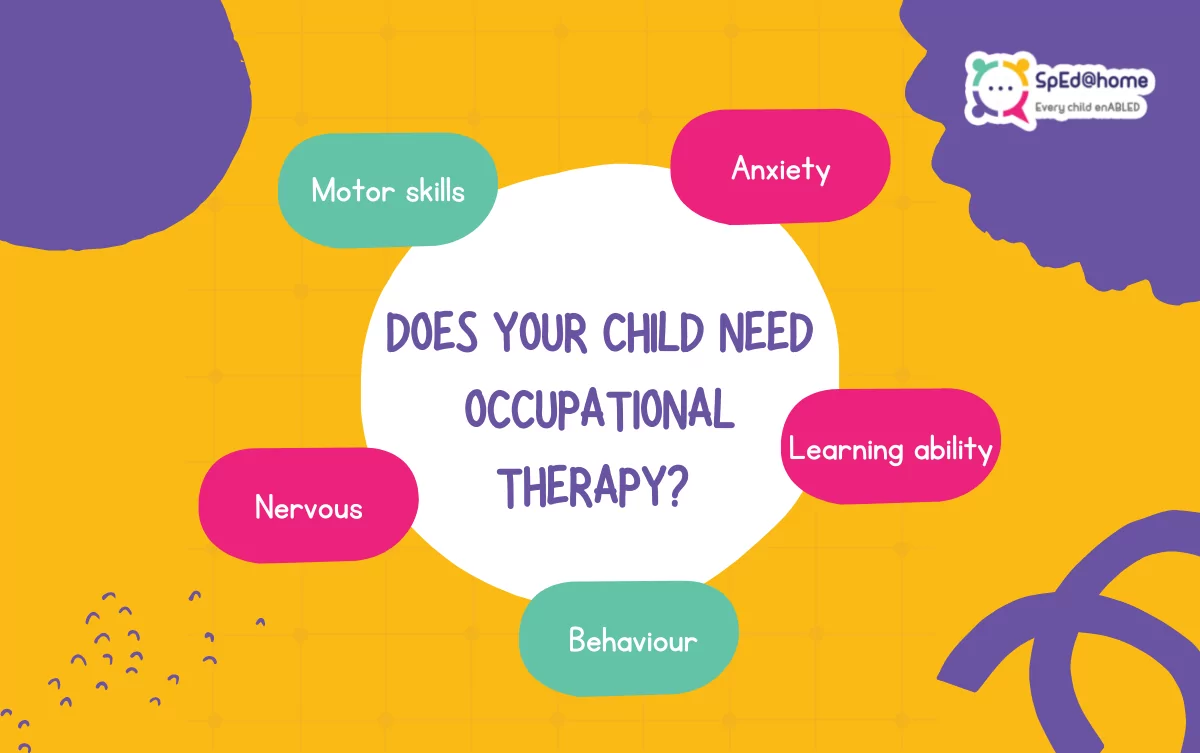Speech and Language Assessment: Helping Children Communicate with Confidence
Communication is the foundation of learning, social interaction, and self-expression. For some children, however, speaking clearly, understanding language, or expressing thoughts can be a challenge. A speech and language assessment helps identify these difficulties early and provides a pathway for improvement.
What is a Speech and Language Assessment?
A speech and language assessment is an evaluation carried out by a speech-language pathologist (SLP) to understand how a child communicates. It examines skills such as:
- Speech sounds – how clearly a child pronounces words.
- Language comprehension – ability to understand spoken instructions and questions.
- Expressive language – using words, sentences, and grammar to express ideas.
- Social communication – understanding gestures, tone, and conversational rules.
The goal is to pinpoint strengths and difficulties, so the child can receive the right support.
Why is it Important?
Strong communication skills are linked to success in school, friendships, and daily life. A child with speech or language delays may experience:
- Difficulty expressing ideas or feelings.
- Struggles with reading, writing, and academic progress.
- Frustration and low self-esteem.
- Trouble making friends or joining conversations.
By identifying challenges early, parents can ensure their child gets help before difficulties impact long-term development.
Signs Your Child May Need an Assessment
You may want to seek a speech and language assessment if your child:
- Says very few words for their age.
- Has unclear speech or is hard to understand.
- Struggles to follow directions or answer questions.
- Cannot put words together into simple sentences.
- Finds it difficult to interact socially or maintain conversations.
How the Assessment Works
- Parent interview – The SLP gathers information about the child’s history and communication at home.
- Observation and interaction – Watching the child play, talk, and respond.
- Standardized tests – Age-appropriate activities to measure speech clarity, vocabulary, grammar, and comprehension.
- Feedback and recommendations – A detailed report with suggestions for therapy or strategies at home and school.
Benefits of a Speech and Language Assessment
- Clarity on your child’s communication strengths and needs.
- Early intervention, which improves long-term speech and academic skills.
- Targeted therapy, such as articulation practice, vocabulary building, or social communication support.
- Confidence boost as children learn to express themselves more effectively.
Final Thoughts
Every child deserves the ability to communicate with confidence. A speech and language assessment is the first step in helping children overcome delays, strengthen communication, and thrive in school and social settings.
If you’re concerned about your child’s speech or language development, seeking an assessment early can make all the difference.


